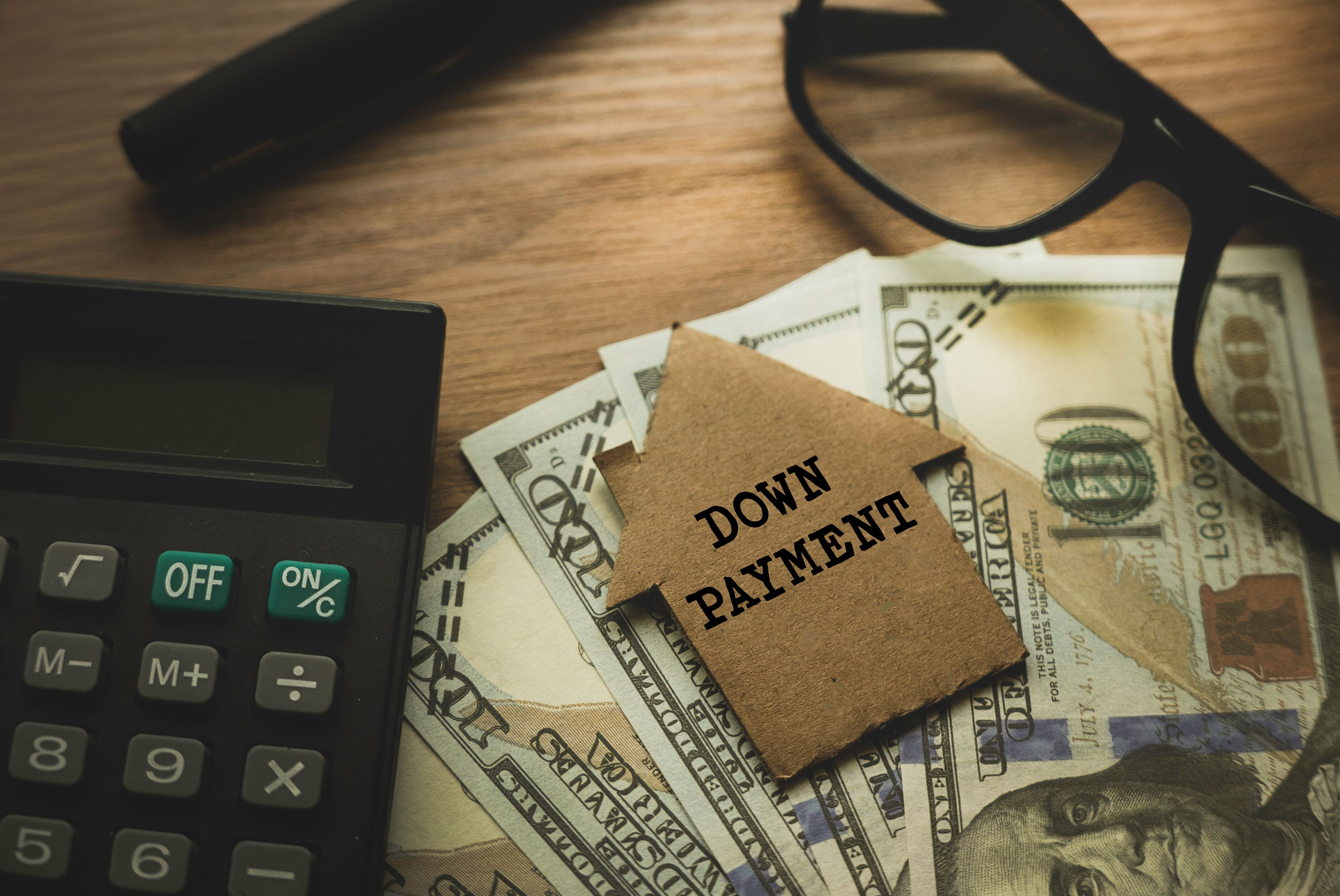Expert Mortgage Tips for a Smooth Home Buying Process
Understanding Your Mortgage Options
When diving into the home buying process, understanding your mortgage options is crucial. Mortgages come in various forms, each with its own benefits and drawbacks. It's essential to research and consult with a mortgage advisor to determine which type is best suited for your financial situation. Common types include fixed-rate mortgages, adjustable-rate mortgages (ARMs), and government-backed loans like FHA and VA loans.
Fixed-rate mortgages offer stability with a consistent interest rate, making budgeting predictable. On the other hand, ARMs can offer lower initial rates but may fluctuate over time. Government-backed loans often provide more accessible terms for first-time buyers or those with limited down payments.

Boosting Your Credit Score
Your credit score plays a significant role in securing a favorable mortgage rate. Before applying for a loan, take steps to improve your credit score. Ensure all bills are paid on time, reduce outstanding debt, and avoid taking on new debt. Regularly checking your credit report for errors can also help you maintain an accurate score.
A higher credit score translates to lower interest rates, which can save you thousands over the life of your mortgage. Consider speaking with a financial advisor if you're unsure how to enhance your credit profile effectively.
Saving for a Down Payment
The size of your down payment can significantly impact your mortgage terms. While traditional loans typically require a 20% down payment, many lenders offer options with as little as 3% down. However, larger down payments often lead to more favorable loan terms and eliminate the need for private mortgage insurance (PMI).
Start saving early by setting up a dedicated savings account and cutting unnecessary expenses. Explore programs and grants that assist with down payments, especially if you're a first-time homebuyer.

Getting Pre-Approved for a Mortgage
Before you start house hunting, it's wise to get pre-approved for a mortgage. This step involves a lender reviewing your financial situation to determine how much they're willing to lend you. A pre-approval letter not only gives you a clear budget but also makes you a more attractive buyer to sellers.
During the pre-approval process, be prepared to provide detailed financial information, including income, assets, and debts. This step can expedite the buying process once you find your dream home.
Navigating Closing Costs
Closing costs are often overlooked but can add up to 2-5% of the loan amount. These costs include fees for appraisals, inspections, and lender charges. Understanding these costs upfront can help you budget effectively and avoid surprises at the closing table.

It's worthwhile to shop around for lenders who may offer competitive rates or even cover some closing costs as part of their service. Always review the loan estimate document provided by lenders to understand your responsibilities clearly.
Choosing the Right Lender
Selecting the right lender is as important as choosing the right home. Look for lenders who offer competitive rates and excellent customer service. Seek recommendations from friends or family, and consider using online reviews as part of your research.
Don't hesitate to negotiate terms or ask questions about fees you don't understand. A transparent lender will be more than willing to walk you through the details of your mortgage agreement.
Understanding Loan Terms
Before signing on the dotted line, ensure you fully comprehend the terms of your mortgage loan. Pay attention to elements such as interest rates, loan duration, and any prepayment penalties. Understanding these terms can prevent future financial strain.
If you're unsure about any aspect of your mortgage agreement, consult with a real estate attorney or financial advisor to clarify terms before committing.

Preparing for Homeownership
As you near the end of the home buying process, it's time to prepare for homeownership responsibilities. This includes setting aside funds for maintenance and unexpected repairs. A home warranty might be a wise investment to cover potential issues in the first few years.
Additionally, familiarize yourself with property taxes and homeowner's insurance requirements in your area. Proper planning ensures that you'll enjoy your new home without financial stress.
